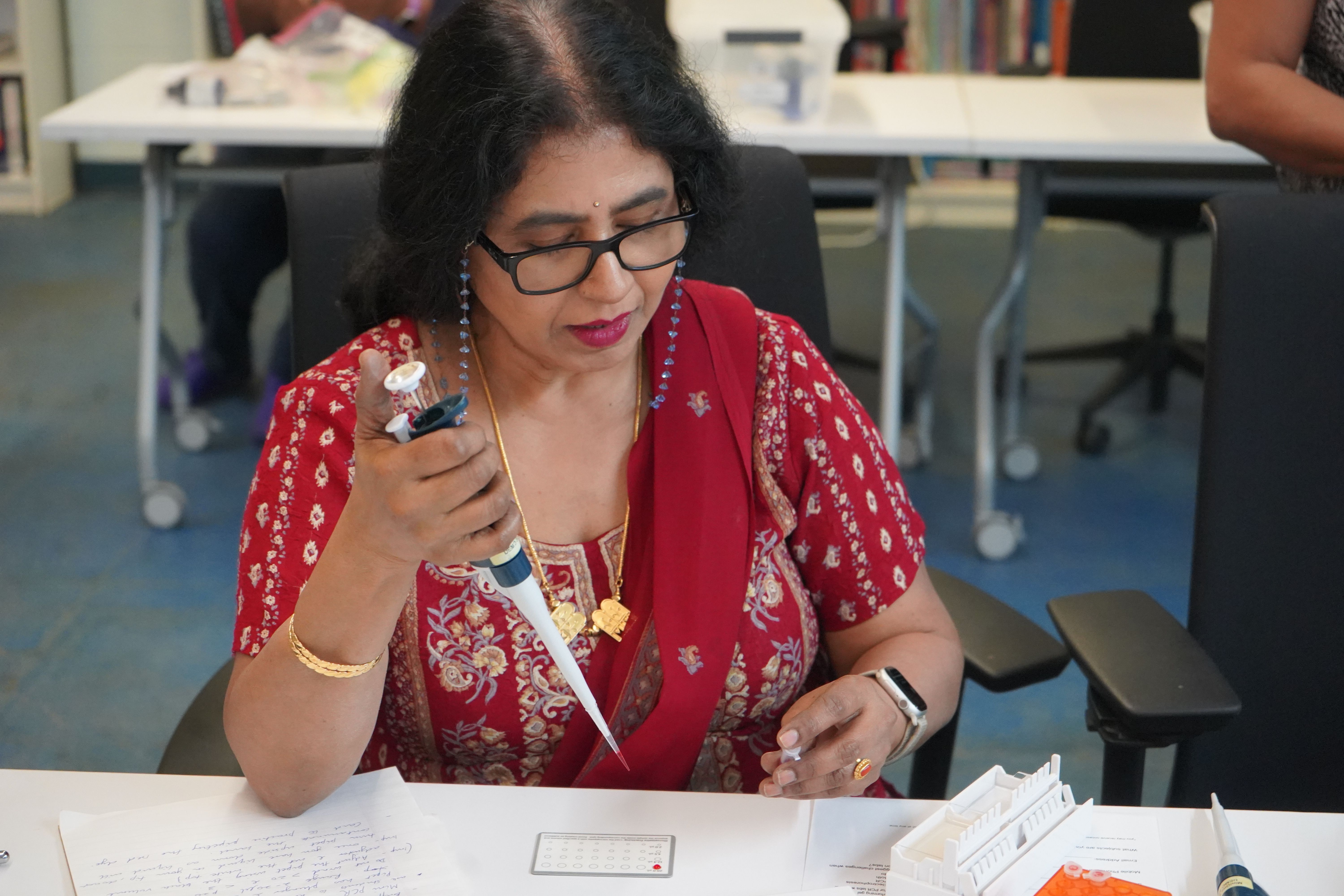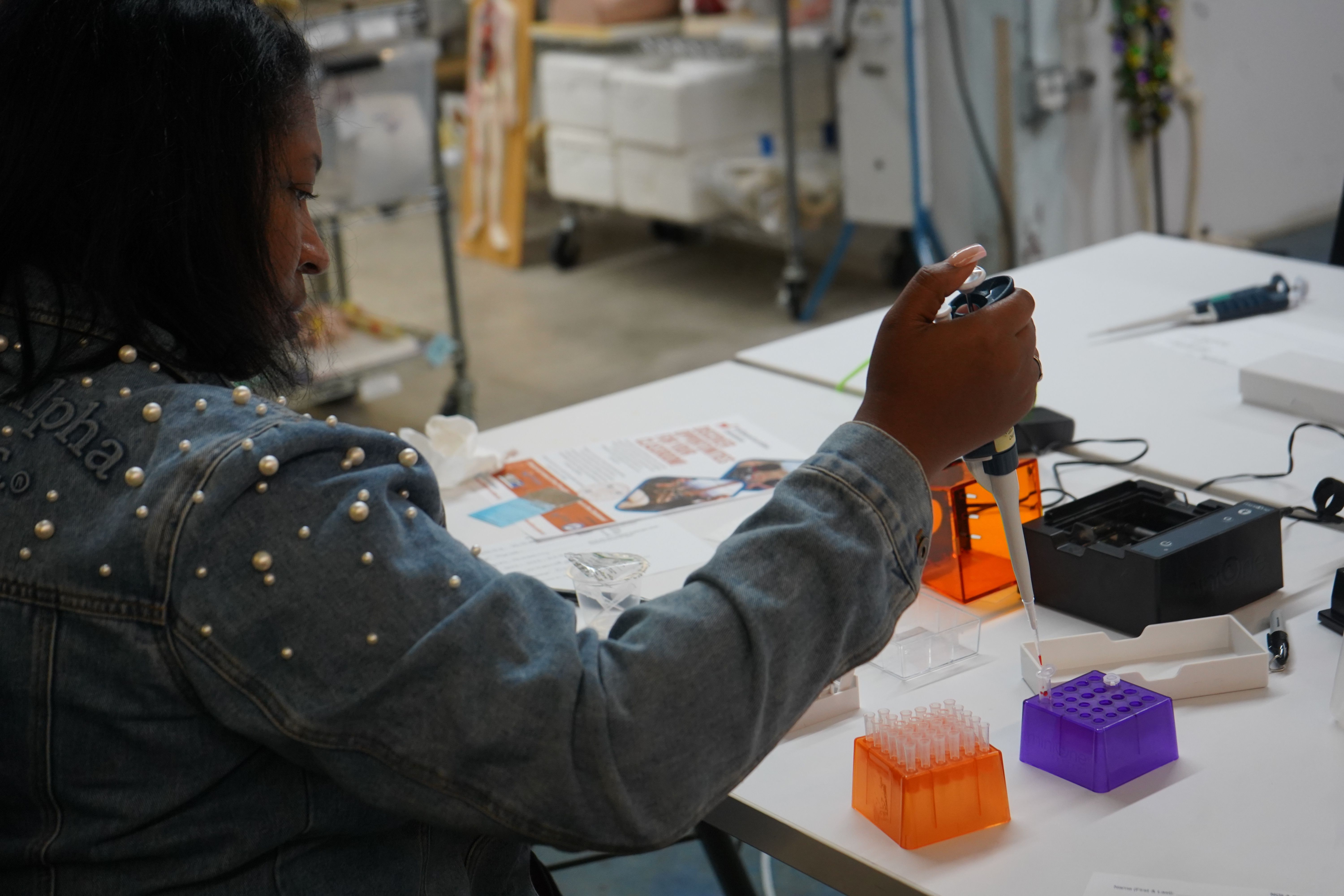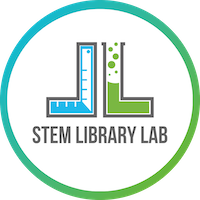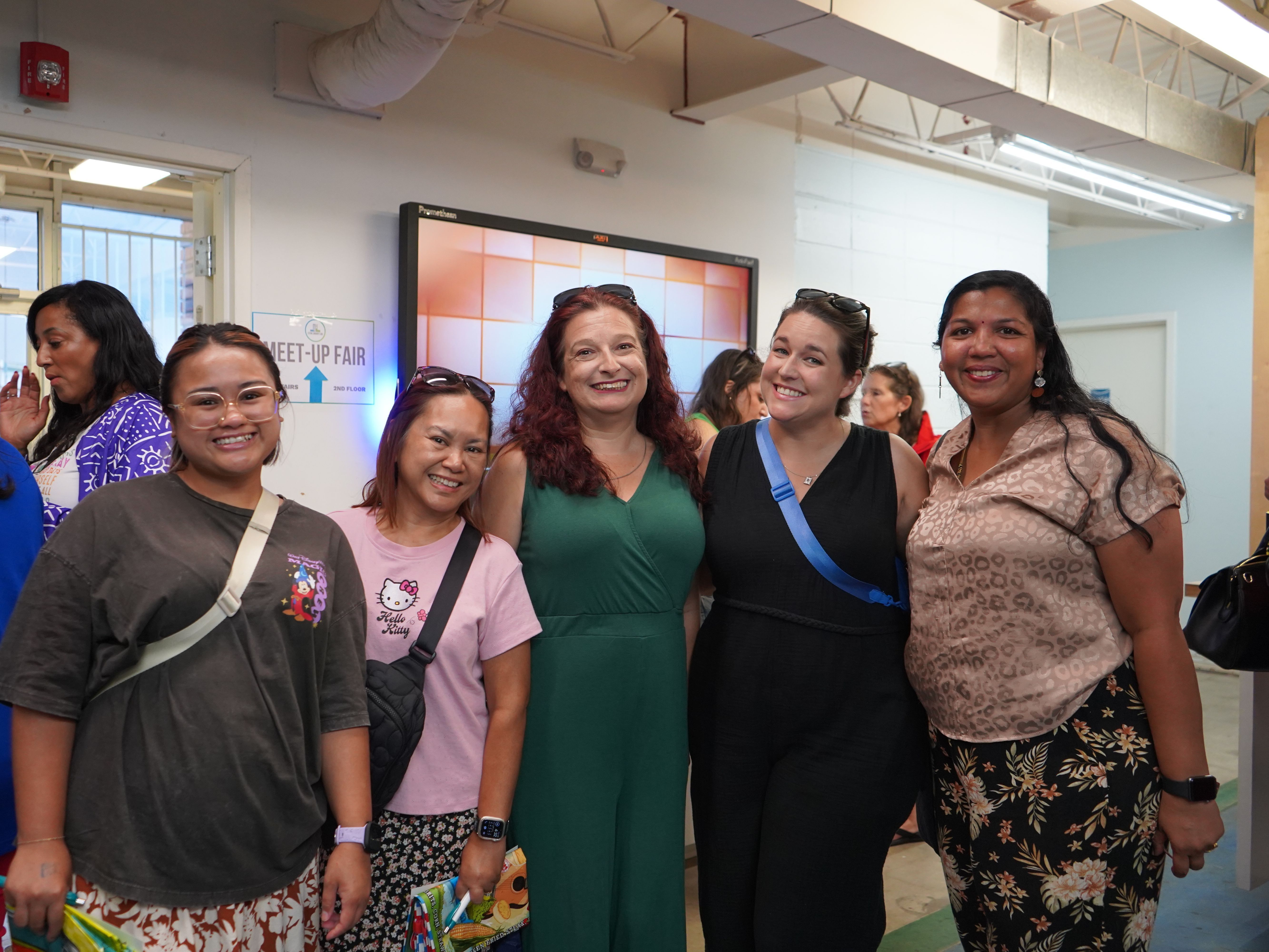Communities of Practice | MiniOne - Determining the Genetics of a Cash Cow

FREE workshop for high school teachers!
Discover how DNA evidence plays a pivotal role in optimizing agricultural practices and selective breeding to benefit both farmers and consumers. By determining the genetic profiles of individual cattle available for sale, you'll assist a farmer in identifying the most promising candidates for creating the ultimate Ca$H Cow.
Communities of Practice | MiniOne - PTC Inheritance Genetics

FREE workshop for high school teachers!
Use hands-on experience to solidify the theoretical teaching of Mendelian genetics and learn the basics of genotyping by doing electrophoresis. You will pour, load, and run a gel, capture gel image, analyze the results, and determine PTC taster genotypes for a family.

